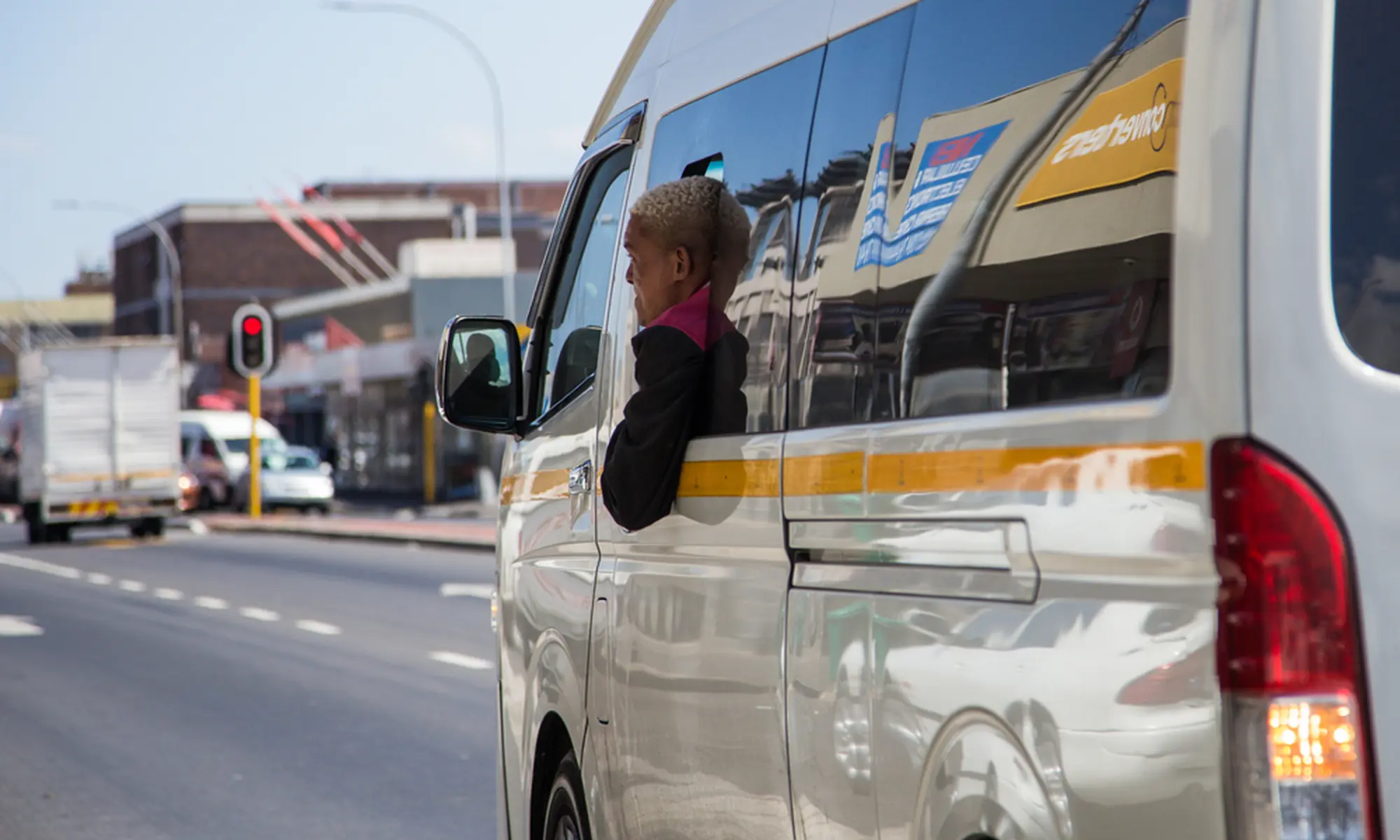How are young people saving in this economy?
Values & Money , Self Control in Saving , BudgetingWe all know how hard saving is, especially as food, transport, data and housing costs keep rising, and wages or allowances have stayed the same for many of us. And when your money barely covers your essentials, saving feels like a luxury you can’t afford.

According to data published by Statistics South Africa (Stats SA) on 13 May 2025, the unemployment rate for people aged 15 to 24 climbed to 62.4% in the first quarter of 2025. So how do unemployed young people earn, spend and save money? Well, we spoke to three young people aged between 17 and 26 years old about what their money habits are and how they are planning for the future.
Saving begins with keeping a budget
For young people, especially those with a limited or irregular income, budgeting can be empowering. It turns uncertainty into control, which is the case for Lethabo* who is a 25-year-old admin assistant. Lethabo says that “even though I would like a second income to supplement my current stipend, I have realised that saving doesn’t start with having extra money, it starts with being aware of my spending habits and that awareness is what helped me start budgeting.” We all complain about not having enough money, but finding an additional source of income doesn't guarantee financial freedom.
Make sure that your budget not only shows you what you plan to spend, but also shows how much you plan to save each month. If necessary, start with a small amount, and promise yourself that you will be self-controlled in continuing that saving each month. You will feel really good if you can do that!
What having a budget teaches you about planning for the future
A 2023 study by Nedbank found that 89% of young adults use methods like accumulating grocery vouchers, participating in stokvels, or saving cash at home. Having a clear budget helps you make intentional decisions and build healthy money habits – even if you save small amounts at a time. Lethabo also says that her saving journey began when she chose to join a stokvel. “Every month we contribute R1000 each and at the beginning of January we will share our savings. I also got a grocery gift card where I load R200 every month and I did this because I want me and my family to also enjoy the festive season like other families.”
Lebone* is a 21-year-old intern and she learnt the importance of saving the hard way. She says that “the first six months of me having a job was about spending – I was fixated on meeting all my wants – even though my parents and siblings kept telling me about the importance of saving, I didn't see it.” “My aha moment came when half way during the month I ran out of money because I made an impulsive buy. Even though my parents eventually helped me – after much begging and pleading – I realised how important it was to prioritise how I spend, also considering that my internship might be coming to an end soon.”
Can you save even when you don't have a job?
Unemployment is a reality for many young people and 17-year-old Thabang*, even though he isn't an active job seeker, says that being raised by a single parent has taught him to be careful with how he spends money. "Even though my mom has never said it, I know I can't always ask her for money during the month unless it's for school.” The pocket money that Thabang gets is mainly spent on data and buying lunch at school. He says “I get an allowance of R500 every month, which I usually split over four weeks and in situations where I can see that I might overspend I will cut down on things like Kota runs or buying data every week so that I don't run out of money and have to ask my mom for a bailout.”
Many of us struggle because we have a short-term focus when it comes to saving and planning our financial future. As Lebone and Lethabo mentioned, drawing up a budget and having a savings plan can help cushion against falling into financial debt traps. Without a clear budget or spending plan, it’s easy to lose track of where your money disappears. A few takeaways, spontaneous airtime purchases, or transport money can all add up.
Remember that shifting how you think about saving takes time – it’s a journey, not a quick fix. Be patient with yourself, stay consistent and celebrate the small wins. Every little effort you make moves you closer to financial health.
*Names have been changed for privacy.

Bonolo Mokua
Bonolo is a multimedia journalist and content creator at Heartlines. She has experience in online and radio media production and helps spread the Heartlines message on multiple platforms.
Featured





